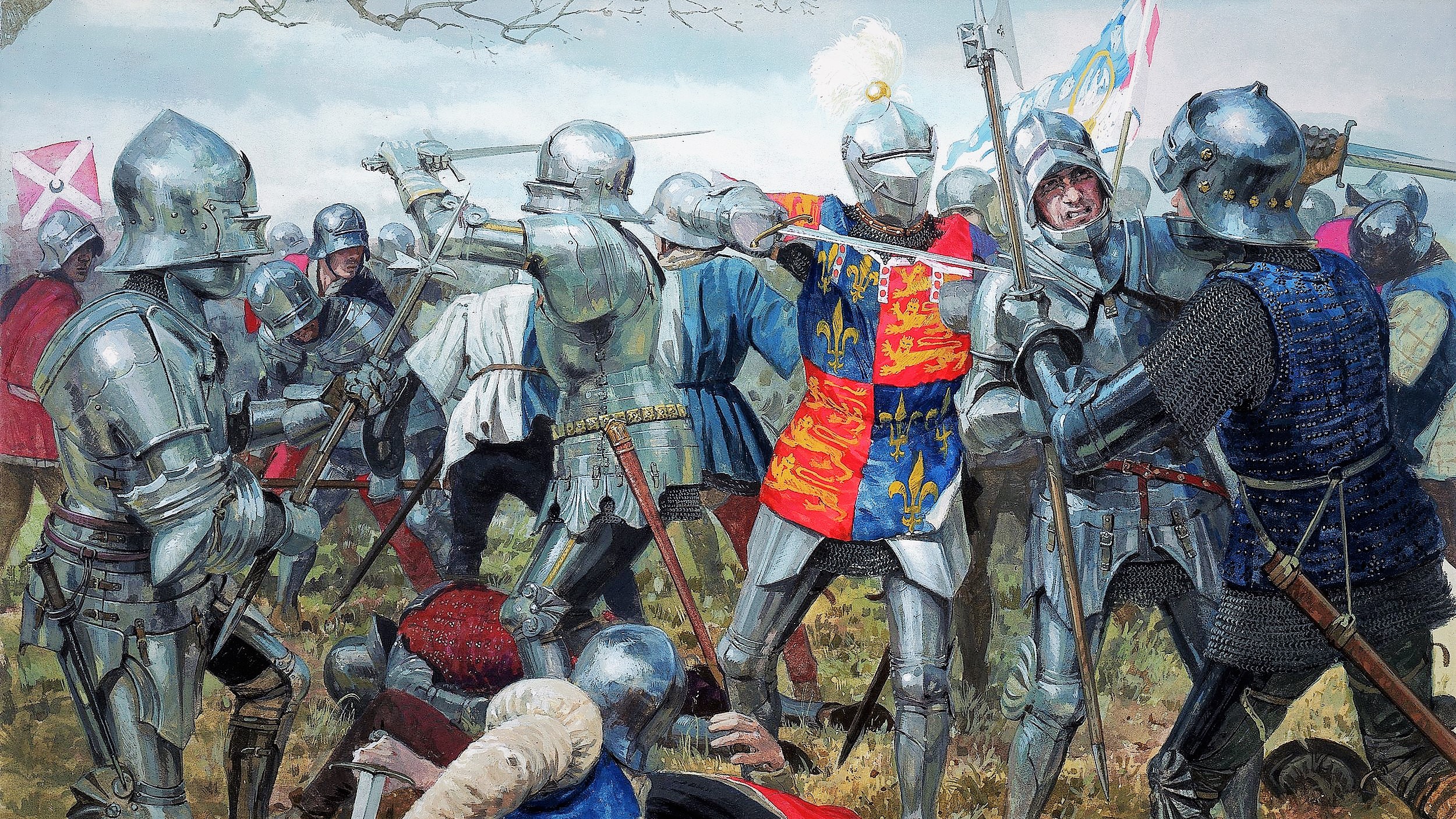Delve into the mythological and historical inspirations that shaped the world of Game of Thrones. Discover the connections between the epic fantasy series and real-world folklore, legends, and historical events. Join us on a captivating journey through the realms of Westeros and Essos.
Step into the enthralling universe of Game of Thrones, a world where political intrigue, epic battles, and complex characters captivated audiences for years. Beyond its mesmerizing storytelling, the series drew inspiration from various mythologies, folklore, and historical events, weaving a rich tapestry that resonates with audiences worldwide. In this article, we embark on a journey to explore the mythological and historical inspirations behind Game of Thrones, revealing the fascinating parallels between the fantasy realm and our own.
The Influence of Norse Mythology:
Game of Thrones draws upon Norse mythology to craft its narrative. The concept of Valhalla, an afterlife reserved for brave warriors, mirrors the Dothraki's belief in the Great Grass Sea as their eternal hunting ground. Additionally, the Frost Giants of Norse mythology find their counterparts in the White Walkers, haunting creatures from the icy lands beyond the Wall.
The Wars of the Roses:
George R.R. Martin, the author of the "A Song of Ice and Fire" series (on which Game of Thrones is based), drew inspiration from the Wars of the Roses—a series of civil wars that took place in medieval England. The power struggles between noble houses, such as the Lancasters and Yorks, bear a striking resemblance to the political turmoil and rivalries depicted in the Seven Kingdoms.
Arthurian Legends:
Echoes of Arthurian legends can be found in Game of Thrones. The mythical sword, Excalibur, finds its counterpart in the ancestral Valyrian steel blades, such as Ice and Longclaw, which carry a sense of honor, lineage, and power. The search for the prophesied Prince That Was Promised parallels the quest for the legendary figure of King Arthur.
The Wall and Hadrian's Wall:
The towering Wall in Game of Thrones bears resemblance to Hadrian's Wall, constructed by the Romans in ancient Britain. Both serve as formidable barriers, separating civilizations and defending against external threats. The struggles of the Night's Watch in defending the realm mirror the challenges faced by Roman soldiers stationed along Hadrian's Wall.
Eastern Influences:
Game of Thrones extends beyond Western mythologies, drawing inspiration from the East. The city of Qarth reflects the grandeur and mystery of ancient Babylon, while the Dothraki culture exhibits similarities to the Mongol Empire under Genghis Khan. These connections add depth and diversity to the series' world-building.Game of Thrones stands as a testament to the enduring power of mythology and historical inspirations. By intertwining elements from various mythologies, folklore, and historical events, the series crafted a world that resonated with audiences across the globe. As we explored the Norse influences, the Wars of the Roses, Arthurian legends, and connections to real-world landmarks, we gained a deeper appreciation for the intricate storytelling and the vast tapestry of inspirations behind Game of Thrones. So, embark on your own journey of discovery and uncover the threads that connect the fantasy realm to the legends and histories of our own world












0 Comments